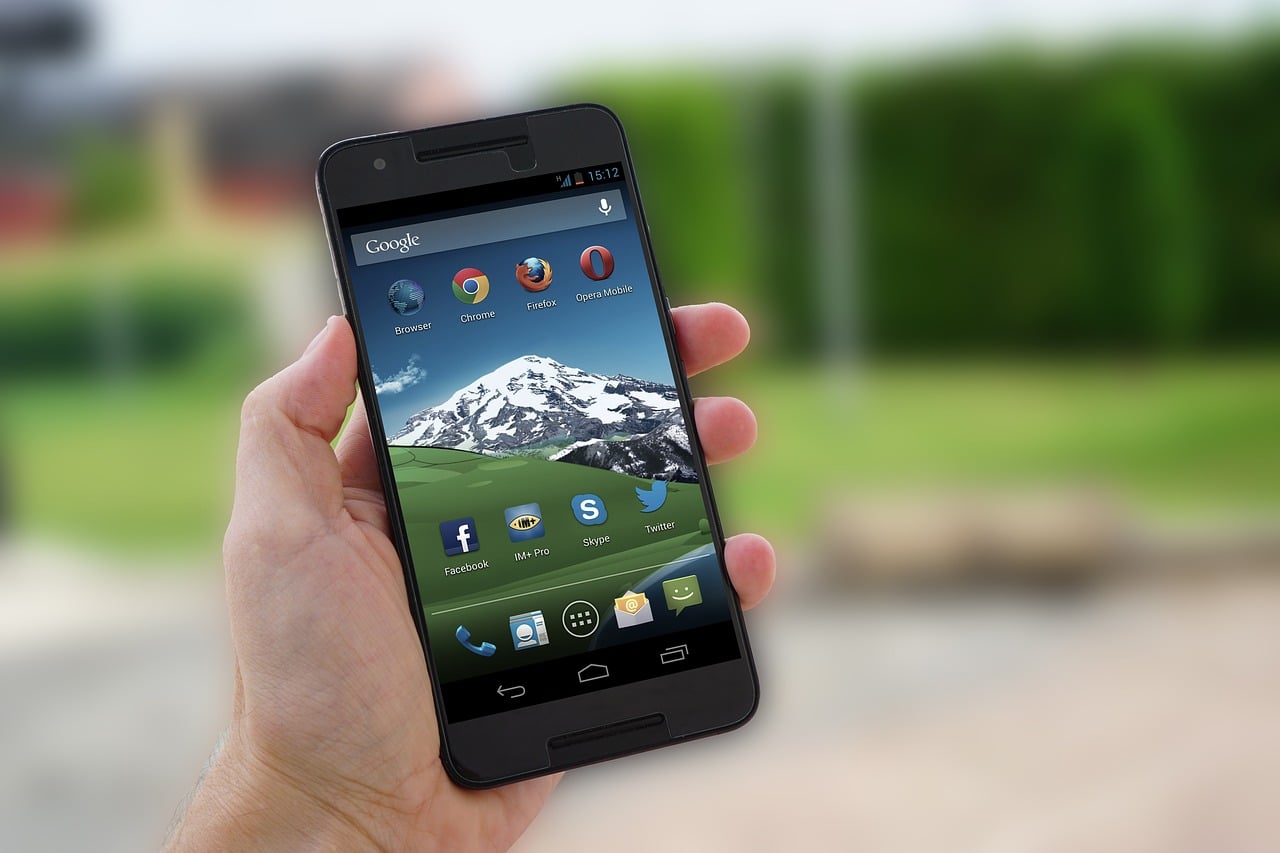There are no free lunches. If you are not paying for a product or service, chances are you (and your data) are the product. It’s no secret Google collects data on your online activities to create a user profile and turn it into a salable product. Things took a scary turn a few days ago when an Associated Press investigation revealed that Google collects data on your location even when you have turned off location services. It seems that revelation was just the tip of the iceberg.
Google collects data on almost all your activities
Vanderbilt University computer science professor Douglas C. Schmidt has published a study titled “Google Data Collection,” which sheds light on how much data Google is collecting from your smartphone even when it’s lying idle. The study was commissioned by Digital Content Next, a trade body representing digital publishers.
According to the study, the search engine giant collects twice as much passive data from your device as active data. Passive data is the information collected in the background while you are using Android or one of Google’s services such as Chrome, Maps, and others. Active data refers to the content of a search query that is sent through its servers.
The 55-page study noted that Google collects data on almost all your activities throughout the day even if you are not using your Android phone or Chrome browser. To conduct the study, Schmidt reset an Android phone and an iOS device, and set them up with a new Google account to record the California company’s behavior on new users.
Surprisingly, the Android device sent location data to Google’s servers a staggering 340 times in the first 24 hours, even when the test user didn’t touch the handset. That’s an average of 14 data communications per hour. The iPhone sent no “appreciable” data when the test user was not interacting with the phone. Once test users started their normal day, the iPhone sent Google only half as much data as the Android device.
Schmidt found that location information accounted for “35 percent of all the data samples sent to Google.” The company was able to identify “user interests with remarkable accuracy.” An idle Android phone running Chrome browser sends about 50 times as many data requests to Google as an idle iPhone running Safari browser. Overall, the idle Android phone was communicating with Google 10 times more often than an iPhone communicated with Apple servers.
When you have turned off location tracking on your Android phone, the device is still able to pinpoint your location based on WiFi and cellular towers and send it to Google. Schmidt says location tracking has become “quite frequent” due to the ubiquity of WiFi hubs. During a 15-minute walk around a residential neighborhood, the Android phone sent nine location requests to Google.
Android is able to track you even if you have turned off both location and WiFi because the software continuously scans for available signals. The WiFi tracking is fully turned off when you disable WiFi scanning, which is a separate setting that most users don’t know about.
You think Incognito mode is really private?
The study points out that Google can link even Incognito mode browsing sessions in the Chrome browser back to the user, without the user’s explicit consent. It’s true that the Incognito mode data is collected with “user-anonymous identifiers,” but the search engine giant knows how to connect this information with a user’s personal data stored in their Google Account.
When you fire up an Incognito browsing session in Chrome and visit websites that display ads from Google’s ad marketplace, they drop “anonymized cookies” on the browser associated with the user, Schmidt told AdAge. When you leave the Incognito mode and log into a Google service (Maps, Gmail, YouTube, etc) in Chrome, Google can connect the Incognito web activity to you unless you manually delete the cookies or they expired.
Google responds
The search engine giant has rubbished the study as “wildly misleading.” A Google spokeswoman told media that the company doesn’t link the Incognito activity with a user’s Google account information. The company said the study was commissioned by a professional DC lobbyist group, and conducted by a witness for Oracle Corporation in their copyright lawsuit with Google, suggesting that the researcher had a conflict of interest. Google and Oracle are locked in an ongoing copyright lawsuit over the use of Java software in Android.
The search engine giant is facing a lawsuit after the Associated Press investigation revealed that it was tracking and storing users’ location data even when they had turned off location tracking.
Google collects data and uses it for targeted advertising to makes most of its money. That’s why almost all of Google’s services are “free.”





